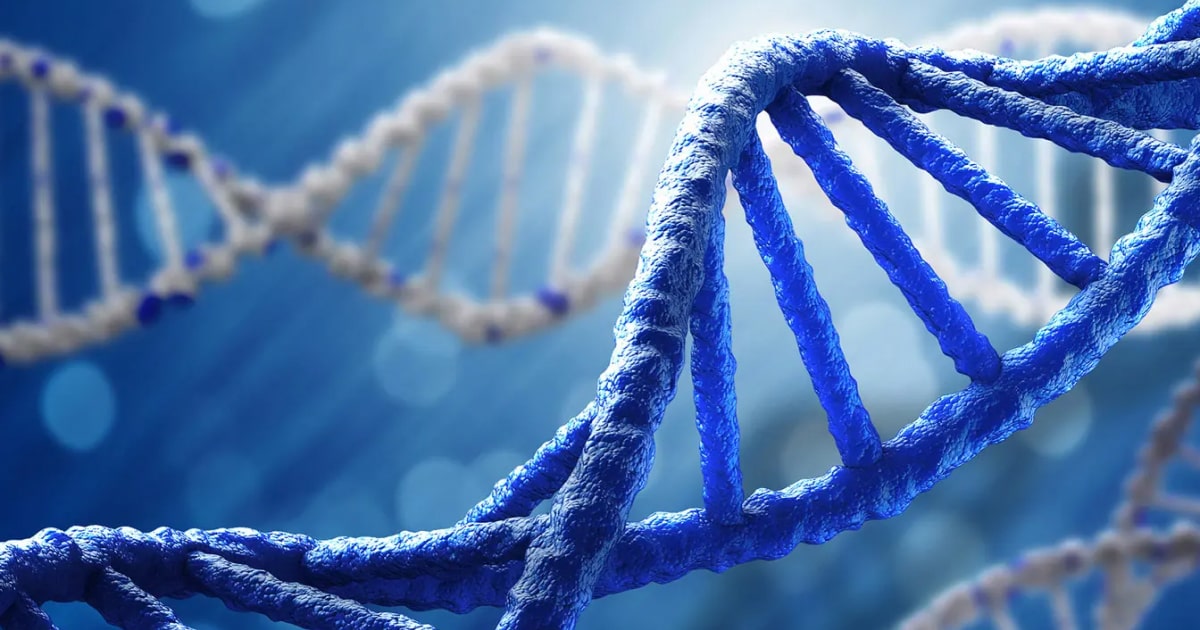
Expert Reviewed By: Dr. Brandon Colby MD
Hypogonadotropic hypogonadism 13 with or without anosmia (HH13) is a rare genetic disorder that affects the body's ability to produce sex hormones, often leading to delayed or absent puberty and, in some cases, a lack of sense of smell (anosmia). With advancements in genetic testing, individuals and families affected by this condition can gain valuable insights into their health and potential treatment options. This article explores the role of genetic testing in diagnosing and managing HH13.
What is Hypogonadotropic Hypogonadism 13?
HH13 is a form of hypogonadotropic hypogonadism, a condition characterized by insufficient production of gonadotropins, hormones that stimulate the testes or ovaries. This deficiency leads to underdeveloped secondary sexual characteristics and infertility. The "13" in HH13 refers to one of the specific genetic mutations associated with this condition. Anosmia, or the absence of the sense of smell, may or may not accompany this disorder, depending on the genetic mutation present.
The Role of Genetic Testing in HH13
Diagnosis and Confirmation
Genetic testing is crucial in confirming a diagnosis of HH13. While clinical symptoms such as delayed puberty and anosmia can suggest the condition, genetic testing can identify specific mutations responsible for the disorder. This confirmation is essential for distinguishing HH13 from other forms of hypogonadotropic hypogonadism or related conditions.
Family Planning and Genetic Counseling
Genetic testing provides valuable information for family planning. By identifying carriers of the genetic mutations that cause HH13, genetic counseling can guide families in understanding their risk of passing the condition to future generations. This knowledge empowers families to make informed decisions about family planning and reproductive options.
Personalized Treatment Strategies
Understanding the specific genetic mutation involved in HH13 can lead to more personalized treatment strategies. For instance, some mutations might respond better to specific hormone replacement therapies or other medical interventions. Genetic testing enables healthcare providers to tailor treatment plans to the individual's genetic profile, potentially improving outcomes and quality of life.
Research and New Therapies
Genetic testing contributes to ongoing research efforts aimed at understanding HH13 and developing new therapies. By identifying and studying the genetic mutations involved, researchers can explore targeted treatments and interventions. Participation in genetic studies can also provide patients with access to cutting-edge therapies and clinical trials.
Challenges and Considerations
While genetic testing offers numerous benefits, it also presents challenges. The rarity of HH13 means that not all healthcare providers may be familiar with the condition, potentially leading to delays in diagnosis. Additionally, genetic testing can be expensive and may not be covered by all insurance plans. Ethical considerations, such as the psychological impact of genetic information and privacy concerns, must also be addressed.
Conclusion
Genetic testing represents a powerful tool in the diagnosis and management of hypogonadotropic hypogonadism 13 with or without anosmia. By providing a clearer understanding of the genetic underpinnings of the condition, genetic testing enables more accurate diagnoses, personalized treatment plans, and informed family planning. As research continues to advance, genetic testing will likely play an increasingly vital role in improving the lives of those affected by HH13.
About The Expert Reviewer
Dr. Brandon Colby MD is a US physician specializing in the personalized prevention of disease through the use of genomic technologies. He’s an expert in genetic testing, genetic analysis, and precision medicine. Dr. Colby is also the Founder of and the author of Outsmart Your Genes.
Dr. Colby holds an MD from the Mount Sinai School of Medicine, an MBA from Stanford University’s Graduate School of Business, and a degree in Genetics with Honors from the University of Michigan. He is an Affiliate Specialist of the American College of Medical Genetics and Genomics (ACMG), an Associate of the American College of Preventive Medicine (ACPM), and a member of the National Society of Genetic Counselors (NSGC)